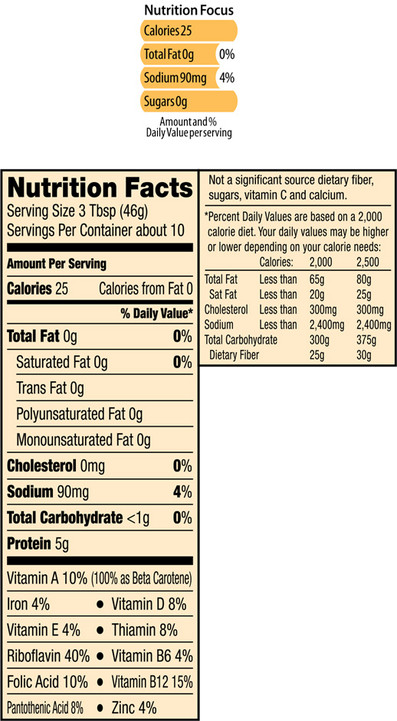
Ostrich eggs are rich in vitamins, and it contains about 16.29 IU/g of Vitamin A in it and is a rich source of thiamine also. The amount of calories present in one Ostrich egg is about 2000 calories, and they contain approximately 45% of fat and 47% of the protein in it. One egg of an ostrich bird is equivalent to 24 chicken eggs, and an entire egg cannot be eaten by an individual in one sitting. The best part is that these eggs consist of less cholesterol, saturated fat and sodium than the eggs of a chicken and are healthy to eat. Ostrich bird is known to lay the largest egg among birds, and the size of the egg is about 6-7 inches in its length. Dieting & Weight Loss How to Get More Out of Your Current Workout In my last post I spoke about how becoming more flexible will allow you to get better results.Farming Nepal > Organic eggs > Ostrich egg Ostrich egg nutrition facts, benefits and ostrich eggs recipes.How long do hard-boiled eggs keep and how. We're planning to dye hard-boiled eggs for Easter. The NutritionData Blog How long will dyed eggs keep? Q.IF Rating is a trademark of Monica Reinagel. The Amino Acid Score has not been corrected for digestibility, which could reduce its value. All foods, regardless of their rating, have the potential to play an important role in your diet. Consequently, Nutrition Data's higher-rated foods may not necessarily be healthier for you than lower-rated ones. Nutrition Data's opinions and ratings are based on weighted averages of the nutrient densities of those nutrients for which the FDA has established Daily Values, and do not consider other nutrients that may be important to your health or take into account your individual needs. Nutrition Data's Opinion, Completeness Score, Fullness Factor, Rating, Estimated Glycemic Load (eGL), and Better Choices Substitutions are editorial opinions of, given without warranty, and are not intended to replace the advice of a nutritionist or health-care professional. Your daily values may be higher or lower based on your individual needs. Percent Daily Values (%DV) are for adults or children aged 4 or older, and are based on a 2,000 calorie reference diet.

Each " ~" indicates a missing or incomplete value. Source: Nutrient data for this listing was provided by USDA SR-21.


 0 kommentar(er)
0 kommentar(er)
